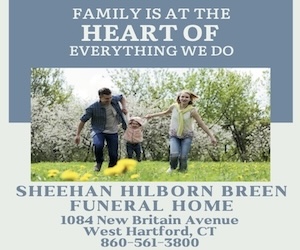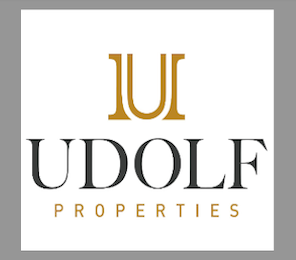
Emor
Parshat Emor’s very first sentence says (21:1) “God said to Moses: Speak to the Priests, the sons of Aaron, and tell them: ‘Each of you shall not contaminate himself to a dead person.'”
Notice, in that sentence, the Torah uses double wording. It says that Moses should “say” AND then “tell” the Priests. Then it also says that it is important that they do not contaminate themselves.
The sages explain the double language to include a warning for parents to teach their children the importance of doing Mitzvot (commandments) in general, and this mitzvah specifically. What does the warning mean?
The rabbis point out the grammar being used: The Torah says that parents should not only tell of the commandment but to speak to them of the commandment as well.
So what is the difference between telling and speaking? The difference is that ‘telling’ someone to do something imposes the speaker’s will on them, while speaking to them engages them in conversation about the matter. Through a conversation a child may learn that what a parent is offering is for their own good.
How often does someone say, “I need to talk to you!” that statement can put someone on the defensive and may even set one up a protective stance, because, the statement, “I need to talk to you sounds as if the speaker wants to dominate. The more effective statement as an invitation, “Let’s have a conversation,” demonstrates respect with a willingness to engage in dialogue.
Parents most often bring their years of experience and wisdom to their relationship with their children. It is also often true that parents want to share that experience and wisdom with their children. Parents also want to protect their children from dangers in life; hence the warning of not contaminating themselves. The Torah uses the double language “say” and “tell,” as the way to share their wisdom and experience through the means of dialogue.
Also, there are parents who say and live the words, “Do as I say”, whereas saying, “Do as I do”, can be the more effective way to bring our children into the conversation, particularly where their protection is concerned. In our case, the Torah “tells” us the facts; one who is toxic can contaminate; with the Torah reasoning behind it; because those who are toxic can’t improve themselves.
And as we know parents are always looking out for their children.
This “speaks” to our very essence as Jews. The Torah is teaching us a very pertinent lesson, to parents and non-parents who is not only that we “TELL,” but that our actions follow commandments, and that our actions “SPEAK” by example!
The Torah gives us the opportunity to be role models of gratitude. Let our children hear that we are grateful to God for all that we have.
Let our children hear that we are grateful to our parents for what they have done for us and taught us.
Let our children hear that we are grateful for our friends and their generosity of friendship.
Let our children hear how grateful we are to them for the positive things that they do.
Let us teach our children that showing gratitude and saying, “thank you,” is powerful.
Let us show our children politeness and kindness which can lead us to a sense of holiness, dignity and respect, important character traits.
Let us live lives of holiness by refraining from L’shon Hara, gossip.
When we model, we increase our own happiness, especially when our children become models of being grateful.
Rabbi Alan Lefkowitz is spiritual leader of Congregation Beth Ahm in Windsor.








 Southern New England Jewish Ledger
Southern New England Jewish Ledger








